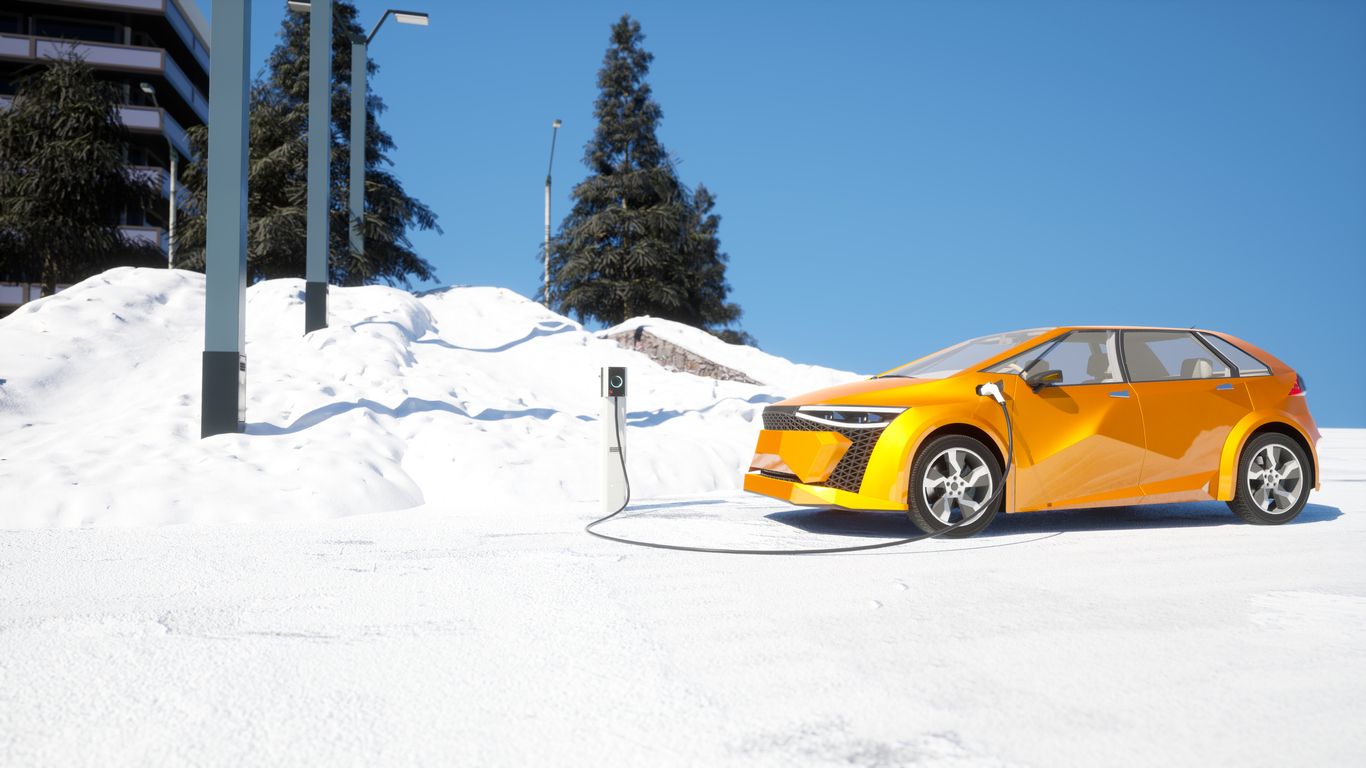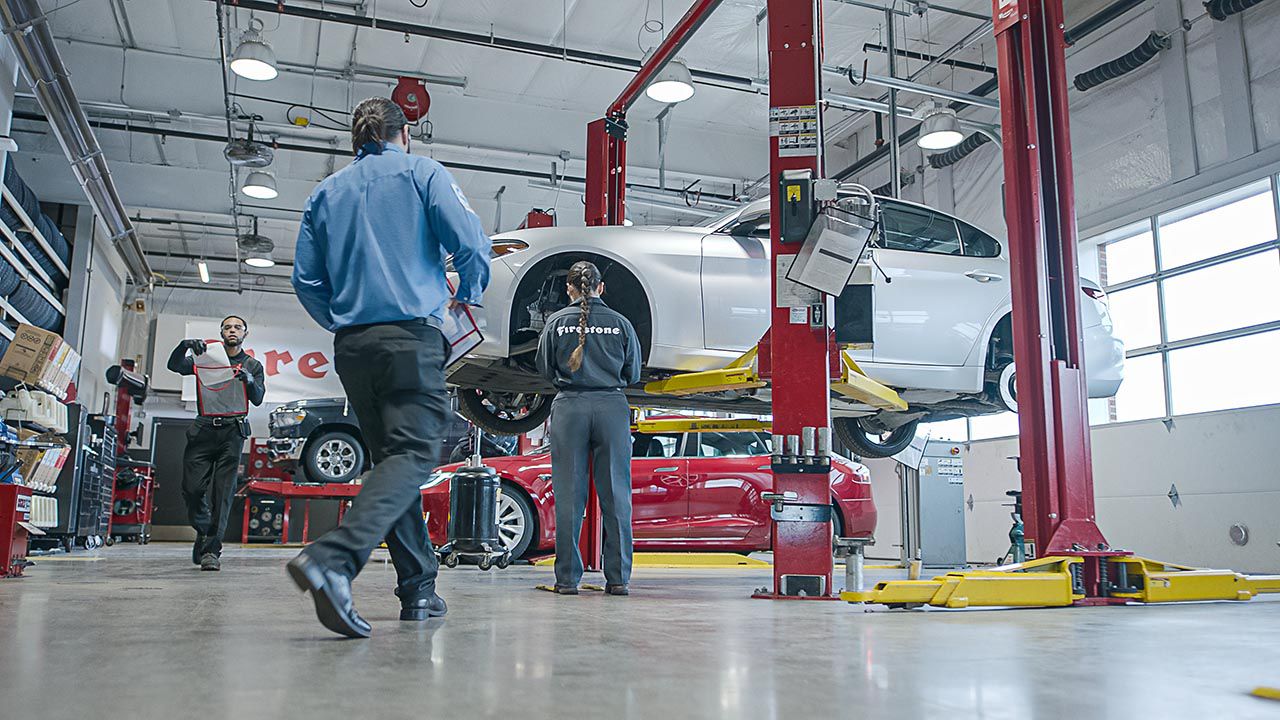The cold winter months can take their toll on any vehicle, electric or gas. And while gas-powered vehicles can experience various wintertime issues, electric car drivers may see most of their problems affecting driving range.
Learn what may be decreasing your electric car range in winter and what you can do to help.
How Does Cold Weather Affect Electric Vehicles?
Your EV’s battery uses chemical reactions to store and release the power necessary to operate your vehicle. Colder temperatures can slow this process, making it more difficult for the battery to function efficiently.
EV batteries (or high-voltage battery packs) must maintain optimal temperatures to function efficiently. Most EVs have a battery cooling and heating system to help maintain optimal temperatures. Since freezing weather causes this battery chemistry to slow down, the vehicle may use energy from the high-voltage battery pack to help raise and maintain its temperature. There are different ways to heat the battery pack, including cabin air from the heater, a heating grid system, or a heating element integrated into the battery’s liquid cooling system.
In short, your EV battery has to work harder to power and warm your electric car in cold weather. This higher demand on the battery can impact your vehicle’s range, especially in sub-zero temperatures. But this isn’t the only thing that can affect your range in winter — cranking the heat in your cabin can also produce the same effects.
Can Running the Heat Cause My EV’s Range to Drop in Winter?
Yes, running your heat can cause a decrease in range during the colder months, specifically if your cabin heater relies on energy from the high-voltage battery pack.
Gas-powered vehicles use a combustion process to power the vehicle. This combustion process generates a lot of heat which generally escapes and is considered waste heat. During the wintertime, however, this waste heat is pumped into the vehicle whenever you warm up your passenger space. Since the engine already produces the heat and it only needs to be diverted into the cabin, this process can use less fuel to heat your car.
On the other hand, battery-powered electric vehicles do not have a combustion engine to generate heat, so it must come from an auxiliary source. Many electric vehicles use a resistive heating system that requires high-voltage battery power to produce cabin heat. Other EVs may use a heat pump to redirect heat into the cabin, providing resistive heating in freezing temperatures when the heat pump becomes less efficient. While the heat pump may use less battery pack energy to produce heat versus resistive heating, all this warm air can still use up quite a bit of power. And using this power to warm the cabin means it isn't being used on range.
Are Electric Vehicles Worth It During Winter?
Possible range decreases may leave you wondering if purchasing an EV is worth the effort — especially if you live in a colder climate where it’s consistently below freezing.
If temperatures frequently dip below freezing where you live, and you’re considering getting an electric vehicle, opt for the most efficient option with the most range at full charge. This means you may want to forego larger body types, extra cargo space, third-row seating, or any upgrades or add-ons that can deplete your EV’s battery faster.
Additionally, to remain proactive against this potential issue, you'll want to ensure that your vehicle is garage-parked overnight. During this time, ensure that it has a full charge and that the battery pack is at optimal temperature before traveling. More energy is required to warm the battery pack and cabin temperature than it does to maintain it.
Despite their potential decreased range in winter, electric vehicles can still be an excellent option for drivers who take frequent short trips and want to save some money at the pump.
Get Your EV Ready for Winter at Firestone Complete Auto Care
Keeping your EV well-maintained can help you stay prepared for colder winter months. Firestone Complete Auto Care has EV and hybrid vehicle services like general maintenance, scheduled maintenance, and high voltage system diagnostics and repairs. And you can get even more performance from your EV during the winter months by equipping Firestone Winterforce tires for improved traction!
Contact your nearest Firestone Complete Auto Care today to ensure high-voltage system repairs are available in your area.



